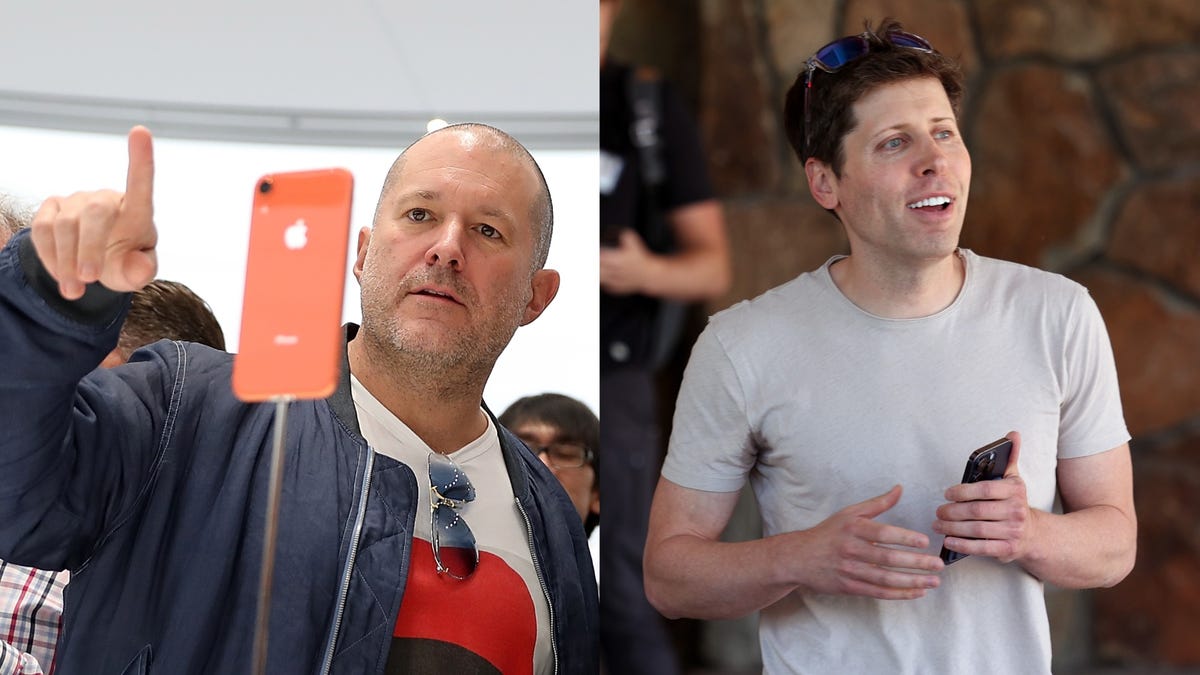

My guess is that scale and influence have a lot to do with
To break this down a little, first of all “my guess”. You are guessing because the government which is literally enacting a speech restriction hasn’t explained its rational for banning one potential source of disinformation vs actual sources of disinformation. So you are left in the position of guessing. To put a finer point on it, you are in the position of assuming the government is acting with good intentions and doing the labor of searching for a justification that fits with that assumption. Reminds me of the Iraq war when so many conversations I had with people had their default argument be “the government wouldn’t do this if they didn’t have a good reason”. I don’t like to be cynical, and I don’t want to be a “both sides, all politicians are corrupt” kind of guy, but I think it’s pretty clear in this case there is every reason to be cynical. This was just an unfortunate confluence of anti Chinese hate and fear, anti young people hate, and big tech donations that resulted in the government banning a platform used by millions of Americans to disseminate speech. But because Dems helped do it, so many people feel the need to reflexively defend it, even forcing them to “guess” and make up rationales.
As far as influence and reach, obviously that’s not in the bill. Influence is straight out, RT is highly influential in right wing spaces. In terms of numbers of users, that just goes to the profit potential that our good ol American firms are missing out on.
If the US was concerned with propaganda or whatever, they could just regulate the content available on all platforms. They could require all platforms to have transparency around algorithms for recommending content. They could require oversight of how all social media companies operate, much like they do with financial firms or are trying to do with big AI platforms.
But they didn’t. Because they are not attacking a specific problem, they are attacking a specific company.
Also RT has been removed from most broadcasters and App Stores in the US.
Broadcasters voluntarily dropped it after 2016, I think it’s still available on some including dish. As far as app stores, that’s just false, I just checked the Play store and it’s right there ready to download and fill my head with propaganda.




Do pr people not know about the Barbara Streisand effect?! I was going to skip this decoder episode, except the title of the episode was “Intuit asked us to delete part of this episode”. That’s the only reason I listened, and then only just to the portion they wanted deleted. If it wasn’t for the pr genius at Intuit I wouldn’t have cared. Ffs guys.